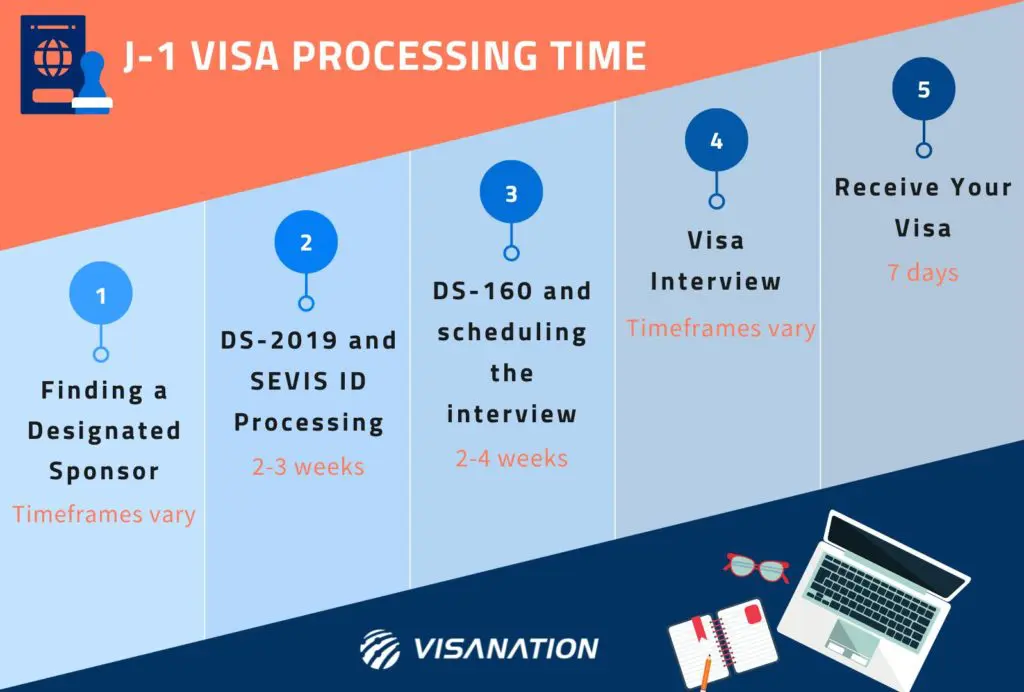Greek citizens planning to travel to the United States often embark on a journey through the US visa application process. Navigating this process requires understanding the different visa types available, the application procedures, and essential tips for a successful application. This article aims to provide a comprehensive guide to assist Greek citizens in navigating the US visa process smoothly and effectively.
Types of US Visas
For Greek citizens, the appropriate visa type depends on the purpose of their visit to the United States. US VISA FOR GREEK CITIZENS Here are some common visa categories:
Tourist (B-2) Visa: Intended for leisure travel, visiting family or friends, or receiving medical treatment.
Business (B-1) Visa: For business-related activities such as attending conferences, meetings, or negotiating contracts (note: this does not permit employment in the US).
Work Visa (various categories): For individuals seeking employment in the United States, typically requiring sponsorship by a US employer.
Student Visa (F-1 or M-1): For Greek citizens accepted by a US educational institution, allowing them to pursue full-time studies.
Exchange Visitor Visa (J-1): For participants in approved exchange programs, including students, scholars, and professionals.
Visa Application Process
Determine the Visa Type
The first step is identifying the correct visa category based on the purpose of your visit. Each visa type has specific requirements and conditions, so it’s crucial to choose the one that aligns with your intended activities in the United States.
Complete the DS-160 Form
All visa applicants, including Greek citizens, must complete the DS-160 form online. This form collects biographical information, details about the purpose of the trip, and other relevant data.
Pay the Visa Application Fee
After completing the DS-160 form, applicants must pay the non-refundable visa application fee. The fee amount varies depending on the visa category.
Schedule a Visa Interview
Most applicants between the ages of 14 and 79 must attend a visa interview at the US embassy or consulate in Greece. It’s advisable to schedule this interview well in advance, as appointment availability may vary.
Step 5: Gather Required Documents
Prepare the necessary documents for your visa interview, which typically include:
A passport valid for travel to the United States.
Passport-sized photograph meeting specific requirements.
DS-160 confirmation page.
Receipt of visa application fee payment.
Additional documents depending on the visa type (e.g., invitation letters, proof of ties to Greece, employment verification).
Attend the Visa Interview
On the day of your interview, arrive on time and bring all required documents. During the interview, a consular officer will ask questions about your travel plans, background, and other relevant details. It’s essential to provide truthful and concise answers.
Wait for Visa Processing
After the interview, your visa application will undergo processing. If approved, your passport with the visa stamp will be returned to you. If denied, the consular officer will provide reasons for the denial.
Tips for a Successful Visa Application
Start Early: Initiate the visa application process well in advance of your intended travel dates to accommodate processing times and potential delays.
Prepare Thoroughly: Organize all required documents meticulously and ensure they are readily available for submission.
Be Honest: Answer all questions during your interview truthfully, as providing false information can lead to visa denial or future travel restrictions. US VISA FOR HUNGARY CITIZENS
Conclusion
The US visa application process for Greek citizens demands careful preparation and adherence to specific requirements tailored to each visa category. By following the steps outlined in this guide and seeking guidance from official US government resources or legal professionals when needed, Greek citizens can enhance their prospects of securing a US visa successfully. Remember, each application is unique, and understanding the nuances of the process can significantly contribute to a smoother visa application experience.
